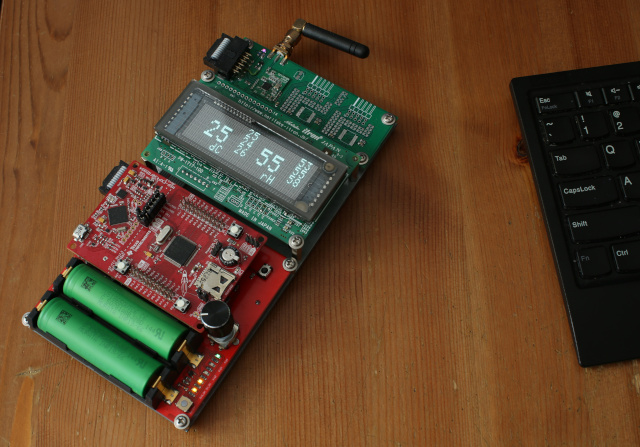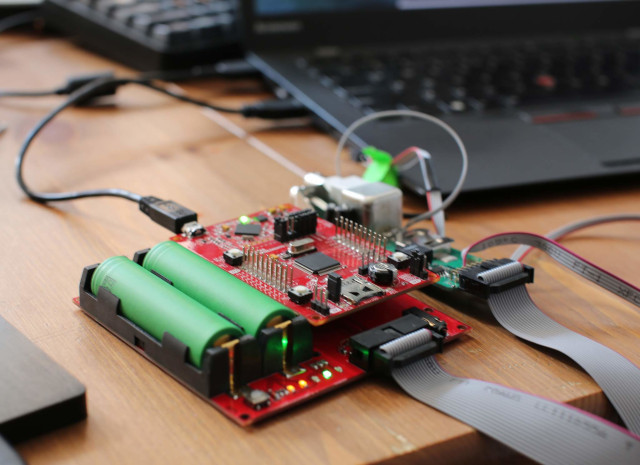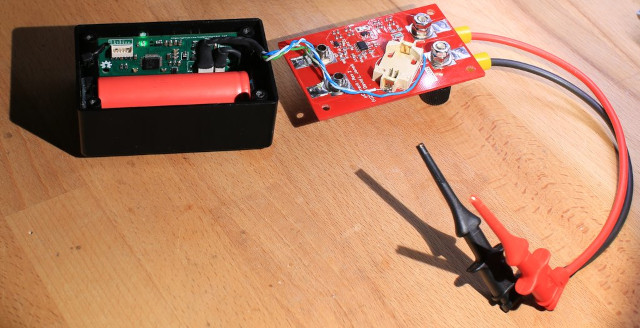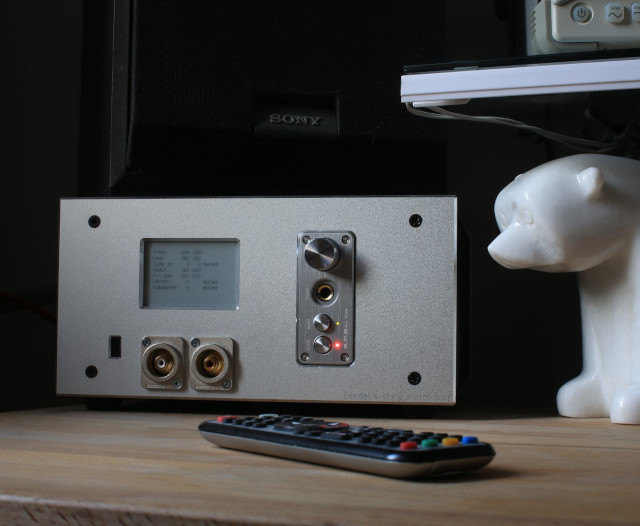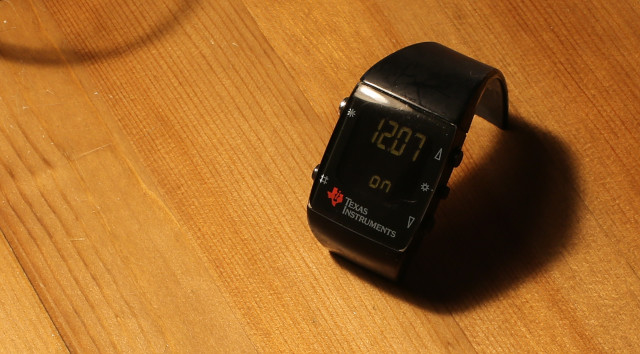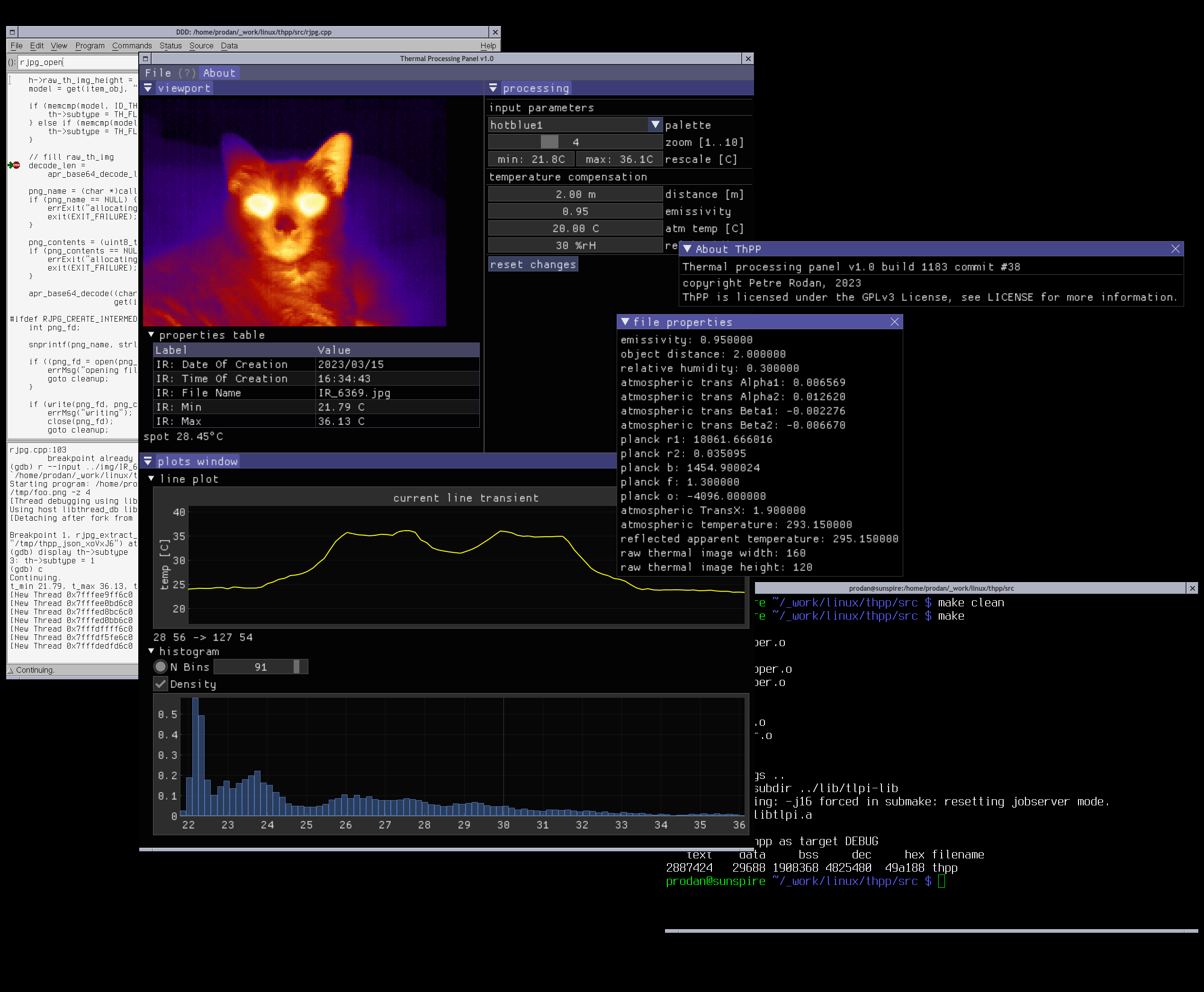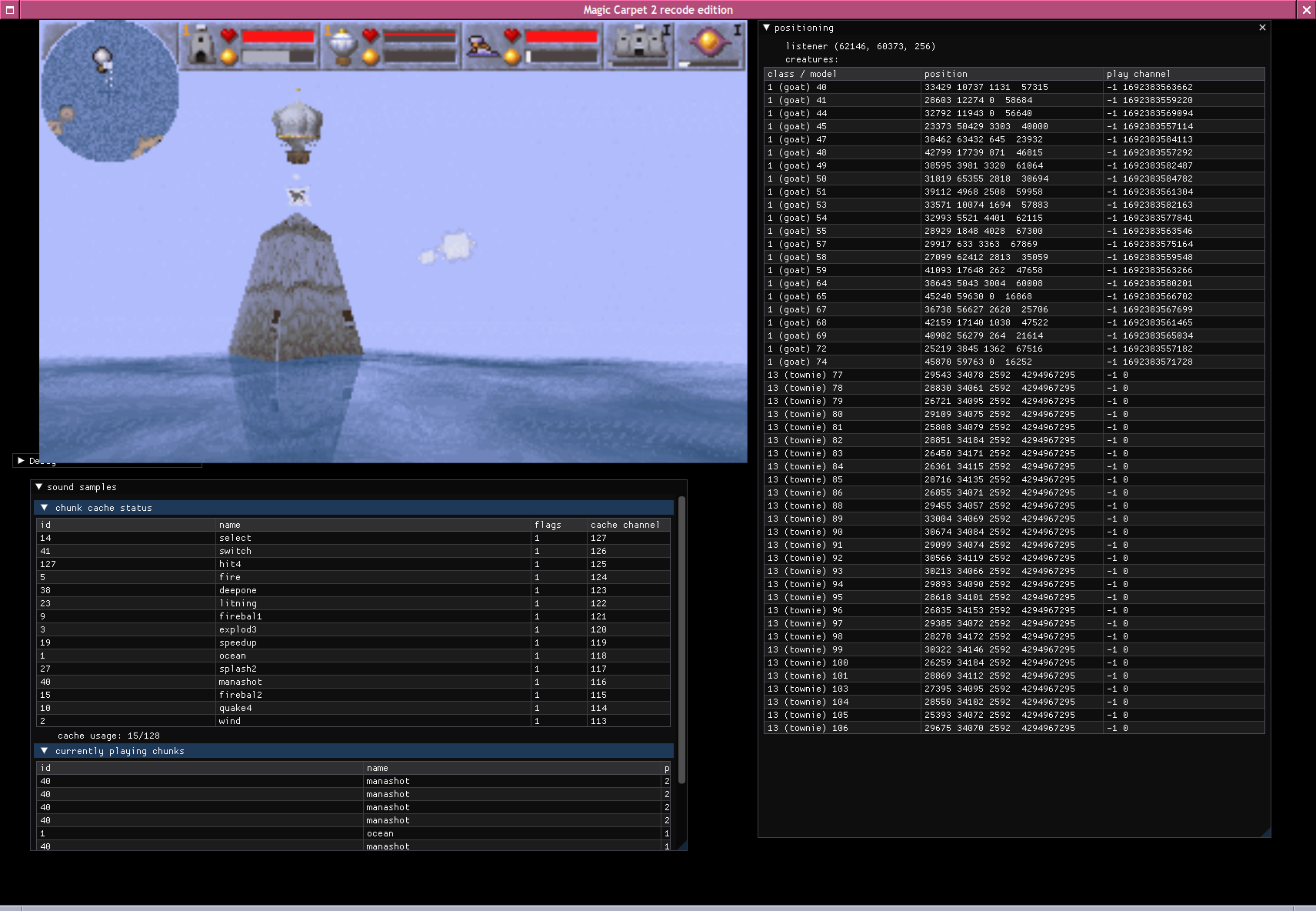simple catalyst
Gentoo-based livecd creator tool
after using Gentoo's catalyst program for the last few years I got tired to keep patching every new version of it with the changes I needed, so i wrote a much simplified tool that does the job of creating a small livecd iso image.
does not support cross-compiling, multiple loop types or multiple bootloaders nor does it compile a kernel for you. it just takes a stage3 image and a portage snapshot, a few spec files as input and compiles whatever packages are specified, cleans up things and provides the iso. magic, I tell you.
open-source software link to repo link to latest livecd



